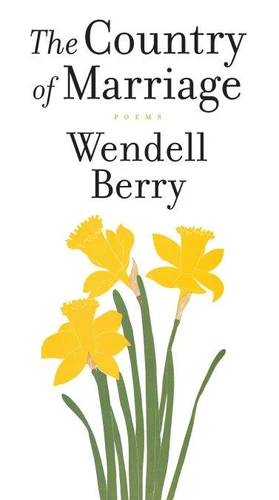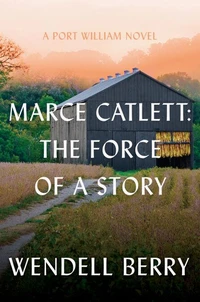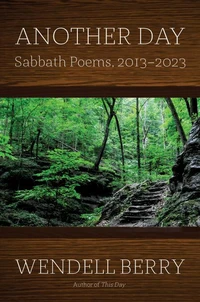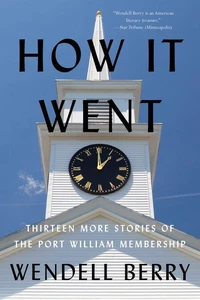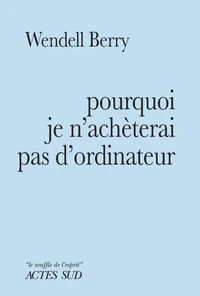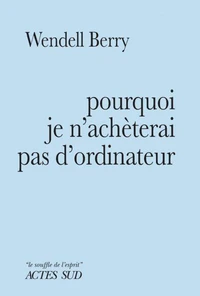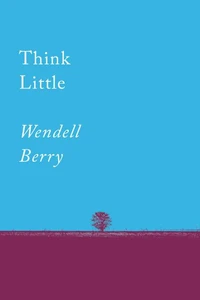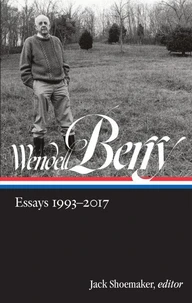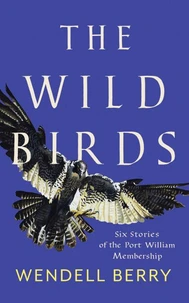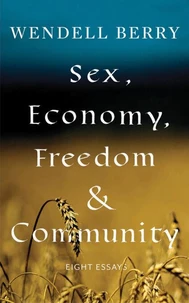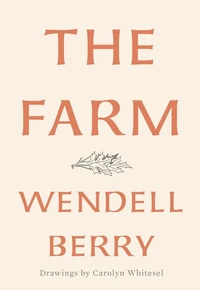A Country of Marriage. Poems
Par :Formats :
Disponible dans votre compte client Decitre ou Furet du Nord dès validation de votre commande. Le format ePub protégé est :
- Compatible avec une lecture sur My Vivlio (smartphone, tablette, ordinateur)
- Compatible avec une lecture sur liseuses Vivlio
- Pour les liseuses autres que Vivlio, vous devez utiliser le logiciel Adobe Digital Edition. Non compatible avec la lecture sur les liseuses Kindle, Remarkable et Sony
- Non compatible avec un achat hors France métropolitaine
 , qui est-ce ?
, qui est-ce ?Notre partenaire de plateforme de lecture numérique où vous retrouverez l'ensemble de vos ebooks gratuitement
Pour en savoir plus sur nos ebooks, consultez notre aide en ligne ici
- Nombre de pages64
- FormatePub
- ISBN978-1-61902-207-2
- EAN9781619022072
- Date de parution01/03/2013
- Protection num.Adobe DRM
- Taille180 Ko
- Infos supplémentairesepub
- ÉditeurCounterpoint
Résumé
First published in 1971, The Country of Marriage is Wendell Berry's fifth volume of poetry. What he calls "an expansive metaphor" is "a farmer's relationship to his land as the basic and central relation of humanity to creation." "Similarly, marriage is the basic and central community tie; it begins and stands for the relation we have to family and to the larger circles of human association. And these relationships are in turn basic to, and may stand for, our relationship to God and to the sustaining mysteries and powers of creation."Each of the thirty-five poems in this collection is concerned with this metaphor.
The long sequence that is itself entitled "The Country of Marriage, " perhaps the finest single work in the book, is a grave, moving, and beautifully wrought love poem. But the shorter lyrics have an equal grace and beauty-writing that contains the exhilarating lucidity of mountain spring water. And there are most notably, several more poems about the "Mad Farmer, " who advises us here to 'every day do something that won't compute.' Berry has here perfected a work that is immediately accessible but that becomes, as we read it again, always more satisfying, reverberant with manifold meanings.
The long sequence that is itself entitled "The Country of Marriage, " perhaps the finest single work in the book, is a grave, moving, and beautifully wrought love poem. But the shorter lyrics have an equal grace and beauty-writing that contains the exhilarating lucidity of mountain spring water. And there are most notably, several more poems about the "Mad Farmer, " who advises us here to 'every day do something that won't compute.' Berry has here perfected a work that is immediately accessible but that becomes, as we read it again, always more satisfying, reverberant with manifold meanings.
First published in 1971, The Country of Marriage is Wendell Berry's fifth volume of poetry. What he calls "an expansive metaphor" is "a farmer's relationship to his land as the basic and central relation of humanity to creation." "Similarly, marriage is the basic and central community tie; it begins and stands for the relation we have to family and to the larger circles of human association. And these relationships are in turn basic to, and may stand for, our relationship to God and to the sustaining mysteries and powers of creation."Each of the thirty-five poems in this collection is concerned with this metaphor.
The long sequence that is itself entitled "The Country of Marriage, " perhaps the finest single work in the book, is a grave, moving, and beautifully wrought love poem. But the shorter lyrics have an equal grace and beauty-writing that contains the exhilarating lucidity of mountain spring water. And there are most notably, several more poems about the "Mad Farmer, " who advises us here to 'every day do something that won't compute.' Berry has here perfected a work that is immediately accessible but that becomes, as we read it again, always more satisfying, reverberant with manifold meanings.
The long sequence that is itself entitled "The Country of Marriage, " perhaps the finest single work in the book, is a grave, moving, and beautifully wrought love poem. But the shorter lyrics have an equal grace and beauty-writing that contains the exhilarating lucidity of mountain spring water. And there are most notably, several more poems about the "Mad Farmer, " who advises us here to 'every day do something that won't compute.' Berry has here perfected a work that is immediately accessible but that becomes, as we read it again, always more satisfying, reverberant with manifold meanings.

